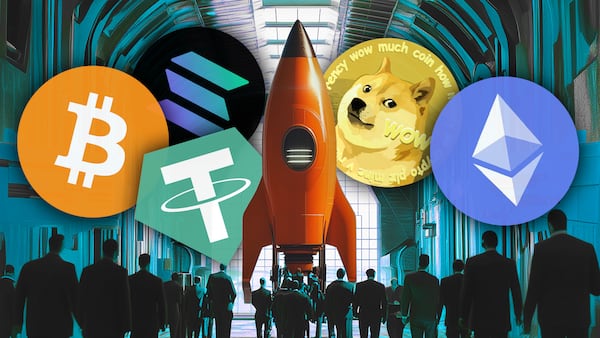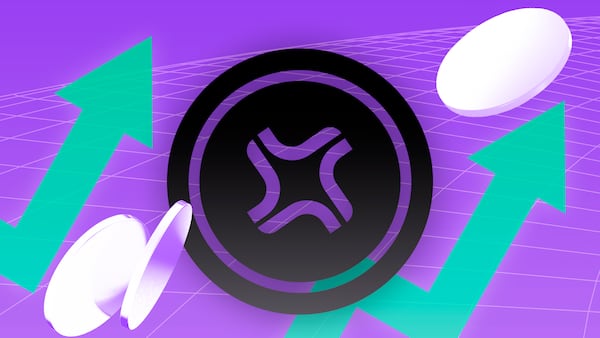- Jito Labs is launching a product called Block Assembly Marketplace.
- It cloaks the queue of pending transactions on Solana, limiting bad MEV.
- It could dramatically improve the trading experience on the blockchain.
A version of this article appeared in our The Decentralised newsletter on July 22. Sign up here.
Solana developer Jito Labs started the week with a BAM.
On Monday, the company detailed its newest product, the Block Assembly Marketplace. Like any under-the-hood update, it’s difficult to explain in terms your parents — i.e. normies — would understand.
But I’ll try after one Solana heavyweight called it the “biggest change in Solana history.”
Blockchains are like distributed databases. Computers around the world work together to maintain the state of the blockchain, verifying transactions and account balances.
Jito wants to launch a new set of specialised computers that will take a very different approach to verifying transactions.
When blockchain transactions hit the queue, they’re visible to certain players who can profit by front-running or back-running those transactions, a practice known as maximum extractable value, or MEV.
That extraction can be immensely profitable. Between December 7 and January 5, a single so-called sandwich bot executed 1.55 million transactions for a profit of $13.43 million, according to a Helius report.
BAM cloaks the queue, “enabling developers to build CLOBs, perpetual exchanges, dark pools and other types of financial primitives that require sequencing control, determinism and privacy assurances,” according to Jito.
It also lets applications create custom transaction-ordering logic.
In short, BAM would end harmful MEV and enable Solana-based competitors to the red-hot Hyperliquid protocol, according to self-described Jito “contributor” Andrew Thurman.
Put even more simply, it enables “1,000x better trading experience for traders, apps, and also institutions — without bad MEV — but without requiring L2s,” according to Solana booster nonpareil Mert Mumtaz, the aforementioned heavyweight.
Here’s how it will all play out, according to Jito. The company will run its own specialised hardware “with the goal of securing a high single-digit percentage of network stake shortly after launch.”
Eventually, Jito will open-source the code and decentralise BAM governance. Ultimately, the company expects “more than 50 geographically distributed nodes run by third party operators.”
So what does this have to do with Jito’s flagship product, the $3 billion Jito protocol?
The company will soon propose directing all fees it collects from BAM and the Jito Block Engine to the Jito DAO.
“This shift cements the DAO’s role at the center of the Jito ecosystem,” Jito writes.
The DAO benefits immediately from existing fee flows, and as Plugin adoption grows, Jito Network is positioned to earn additional revenue from rising Solana activity, improved validator economics, and deeper alignment between ecosystem growth and DAO-owned infrastructure.”
Top DeFi stories of the week
This week in DeFi governance
VOTE: Rocket Pool elects new incentives committee
VOTE: GnosisDAO considers paying Gnosis Ltd. $30 million per year
Post of the week
Having celebrity neighbors isn’t as exciting in the metaverse.
Can someone please explain what happened to the Metaverse?
— zubic (@zubic_eth) July 16, 2025
I paid 50 ETH for a plot of land beside Snoop Dogg 4 years ago and I’m starting to grow impatient.
Any insight would be appreciated 🙏
Aleks Gilbert is DL News’ New York-based DeFi correspondent. You can reach him at aleks@dlnews.com.









